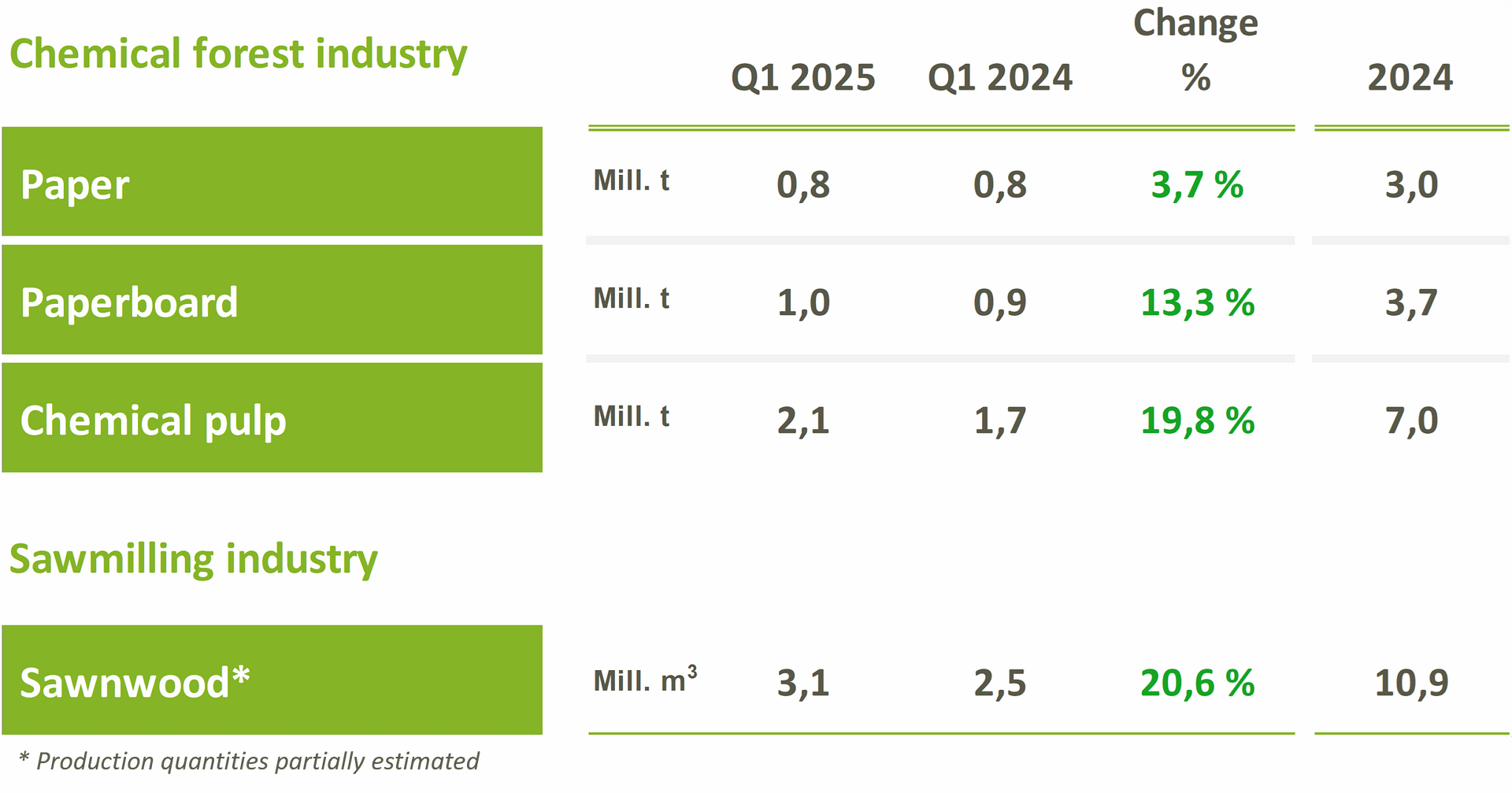“The Finnish Forest Industries is encouraged to see the EU setting its course for a carbon-neutral competitive Europe. In particular the commitment to ensuring a simplified and more supportive regulatory environment to support competitiveness” says Kaisu Karvala, Director of EU affairs.
The highly anticipated Competitiveness Compass, which the European Commission presented last week is heavily influenced by the Draghi report. This common framework and strategic vision will guide the Commission’s work over the next five years. The Competitiveness Compass outlines the EU’s strategy to boost innovation, sustainability, and global competitiveness, and reducing dependencies and increasing security.
The framework is underpinned by horizontal enablers including the simplification of the regulatory environment, the better coordination of policies at EU and national level, the removal of barriers in the Single Market, fostering investment through an investment and savings Union and refocused EU budget, and the promotion of skills.
Finnish Forest Industry & Competitiveness
The forest industry provides a variety of solutions to meet the needs of consumers, industries, and society at large. The ever-increasing product portfolio ranges from massive timber construction elements to high-tech nanocellulose. The forest industry has significant resources and expertise to drive the green transition forward in Europe. In addition to raw material, the industry is also technologically self-sufficient and a significant exporter of products and technology.
Beyond a cleaner and more sustainable future, the industry’s extensive domestic value chains are significant to not only heavily forested Member States but also wider European Union. The economic and social benefits are reflected in employment, tax revenues, and investments. The forest industry value chain generates more than 500 billion euros in revenue annually in Europe. With one in five manufacturing companies being a part of the forest industries sector, the industry provides over four million direct jobs.
As the Competitiveness Compass states the EU’s freedom, security and autonomy depend more than ever on our ability to innovate, compete, and grow and thus sets the goal to nurture Europe’s innate strengths and harness its resources. The forest-based bioeconomy plays a pivotal role in ensuring not only green transition but also the EU’s autonomy and resource security, as wood is a critical and renewable raw material that underpins environmental sustainability and economic self-sufficiency.
Forest Industries’ Priorities for the Competitiveness Compass
The new Commission will play a pivotal role in shaping policies to achieve the EU’s goals of sustainability, competitiveness, and resilience. The EU internal market is the forest industry’s most important market area and EU regulations account for a substantial part of the regulations governing the sector’s operating conditions. FIFF supports the EU’s Competitiveness Compass to unleash the industry’s potential to drive innovation, sustainability, and economic growth, especially via reducing administrative and reporting burdens for companies. We look forward to the first of a series of Simplification Omnibus packages later this month which will cover simplification in the fields of sustainable finance reporting, sustainability due diligence and taxonomy.
The EU has a renewed interest in the potential of the bioeconomy to bolster EU competitiveness. The Finnish Forest Industries Federation is at the forefront of biotech innovation and the bioeconomy providing alternatives to fossil-intensive products including biochemicals and biomedicals. We are eager to collaborate with the new Commission to ensure the potential of the forest-based bioeconomy is realised for the EU’s green transition and competitiveness. Together, we can drive innovation, competitiveness, and sustainability for a thriving European future.
The framework proposes to address financing via the establishment of an investment and savings Union, refocusing the EU budget and establishing a Competitiveness Fund, and the development of a more flexible and supportive state aid framework. It is of upmost importance that the foundation for all competitiveness is excellence-based – including in financing – as well as strict control to ensure that both domestic and EU funds are not distributed indiscriminately. We must avoid a situation where increasingly unrestrained subsidy competition leads to further market distortions, resulting in a situation where the best investments for the future are overshadowed by protectionism.








